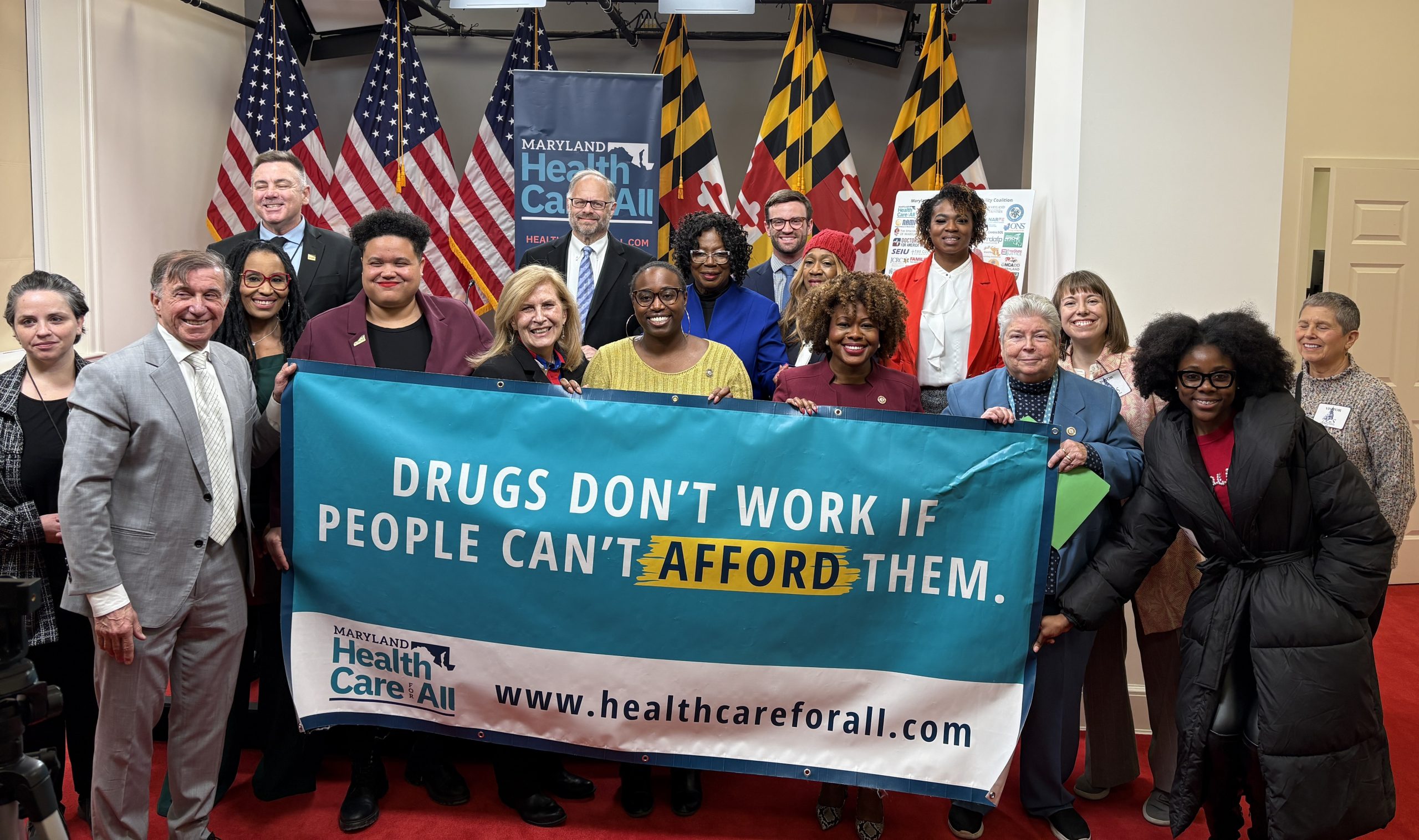Baltimore Sun
Editorial
August 1, 2018
If there’s one thing about the Affordable Care Act that’s been consistently popular since it was enacted, it’s the prohibition on insurance companies denying coverage based on pre-existing conditions. The inability of those with the most dire health needs to get coverage of any kind was one of the greatest outrages of the pre-ACA health insurance system, and it is one that nearly everyone — up to and including President Donald Trump — claim they want to keep.
But the Trump administration’s latest revision to health care rules, issued Wednesday morning, directly undermine that protection. Under the guise of providing consumers with greater choice and lower cost, they have loosened the rules for short-term insurance — policies meant as a stopgap that are exempt from most basic benefits requirements under the ACA, including that they cover pre-existing conditions. Under the new rules, the policies will be allowed to last for up to a year (previously, the limit was three months), and consumers will be able to renew them, which makes them not so “short-term” at all. Health and Human Services Secretary Alex Azar went on Fox News to pitch this change as a boon to middle class consumers who don’t qualify for ACA subsidies, saying “they can provide a much more affordable option for millions of the forgotten men and women left out by the current system.”
If the Trump administration wants to know about forgotten men and women, it should check with those who got sick before the ACA. The insurance industry forgot all about them as fast as it could.
And the other thing the happy talk about consumer choice leaves out is the extent to which one consumer’s choice affects another’s when it comes to health insurance. These short-term policies are likely to appeal mainly to younger, healthier patients who believe they are unlikely to need anything more than basic coverage. Most of them may well be right about that — at least for now. But the more of them who leave the broader insurance pool to take up these bare-bones policies, the older and sicker the population in full ACA policies will be. The result will be ever-higher premiums as the costs of providing care for those with the most extensive health needs will be spread over fewer and fewer people. That phenomenon, called “adverse selection,” has been a problem since the ACA’s inception, and the Trump administration and Republicans in Congress have made it worse by eliminating the requirement that most individuals have insurance. Expanding short-term insurance, along with another step the administration recently took to expand other low-cost, low-benefit “association” plans, will make the problem worse.
The result is that those who need comprehensive health insurance today won’t be able to afford it. And once today’s young and healthy people inevitably develop more health needs, they’ll be out of luck.
Maryland leaders — both Democrats in the General Assembly and Republican Gov. Larry Hogan’s administration — sought to get ahead of this action, which had been widely telegraphed, by enacting legislation this year that limits short-term insurance to three months with no renewals and subjects association health plans, even ones issued in other states, to the same rules as other Maryland health insurance policies. The Maryland Insurance Administration and Attorney General’s Office are reviewing the Trump rules to determine whether they supersede the state’s action, but it appears not. Language in the rule stipulates that states can set stricter standards for short-term insurance.
Baltimore and a few other cities filed a federal lawsuit Thursday to block this latest move from the Trump administration and others on the grounds that the president is failing to faithfully enforce the law. But there’s still more Maryland can do on its own to shore up the gains of the ACA: enact a state-level individual mandate. Massachusetts has had one since well before the ACA was enacted, and it remains in effect today. Maryland could do the same — in particular by adopting an innovative idea advanced by health care advocates this year to allow consumers to use any penalty they would have to pay for failing to have insurance as a down payment on coverage. A commission established as part of this year’s health care legislation is studying that idea and others to stabilize the health care system.
The issue needs to become part of the debate in the governor’s race. So far, the discussion of health care in the campaign between Mr. Hogan and Democrat Ben Jealous has been over the feasibility and affordability of the latter’s call for a state-based Medicare-for-all type system of single-payer coverage. That’s an interesting discussion and one we’re glad the state is having. But it’s not a substitute for discussing what needs to be done about the system we have now. Mr. Jealous needs to make clear how he would stabilize Maryland’s insurance market during the transition to single payer, or more permanently if single payer turns out not to be possible. Mr. Hogan needs to lay out his own plans for countering the efforts of his party at the federal level to undermine the ACA — particularly if the Trump administration fails to approve the reinsurance system he and General Assembly Democrats enacted this spring.
Last modified: August 3, 2018


